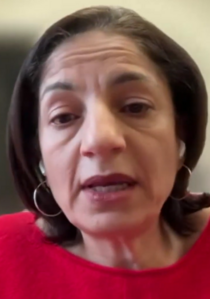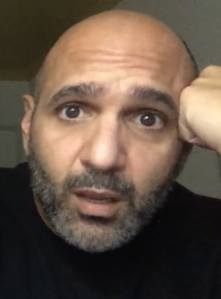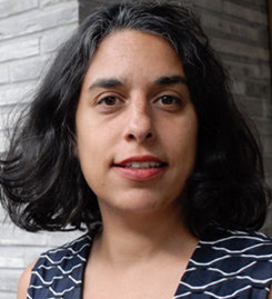Alisa Khan, a Harvard-affiliated faculty member, has aligned herself with numerous initiatives that promote extreme anti-Israel positions under the banner of human rights and academic freedom. Her actions contribute to the growing politicization of campus environments and the normalization of rhetoric that often omits or excuses terrorism while holding Israel solely responsible for conflict.
Consistent Advocate for Anti-Israel Campaigns
Khan has signed numerous petitions and letters since October 2023, framing Israel’s self-defense as “genocide,” calling for boycotts, and accusing academic institutions of suppressing pro-Palestinian views. Her signatures include:
-
The FSJP founding letter at Harvard (January 2024)
-
A statement supporting an academic boycott of Israel (May 2024)
-
An “urgent appeal” to U.S. medical institutions calling for action only on Gaza, with no mention of the October 7 massacre or hostages (October 2024)
-
A letter condemning alleged “scholasticide” in Gaza (April 2024)
Her activism does not acknowledge the role of Hamas or the targeting of Israeli civilians in the ongoing conflict.
Political Framing in Health and Academia
Though trained in health-related disciplines, Khan co-authored multiple opinion pieces politicizing Harvard’s policies, accusing the university of enacting a “Palestine Exception” and punishing students for pro-Palestinian activism. Her articles include:
-
“Harvard’s Punitive ‘Palestine Exception’” (June 2024)
-
“Harvard Cannot Treat Palestine as an Afterthought” (November 2024)
These pieces echo activist talking points that downplay or ignore campus antisemitism and support movements that justify the October 7, 2023 Hamas terror attacks.
Alignment with Radical Campus Movements
Khan has appeared at or aligned herself with SJP-related events—including speaking at a Boston University SJP panel on Kashmir (March 2020)—further demonstrating her alignment with networks that often conflate global conflicts under a broader anti-Western, anti-Israel narrative.
She also supported the Gaza ceasefire resolution in Cambridge, MA (December 2023), joining public political action outside her academic responsibilities.
Conclusion
Alisa Khan’s activism, while framed as advocacy for human rights and academic freedom, reflects a pattern of one-sided rhetoric that vilifies Israel, excuses or omits terrorism, and contributes to a campus atmosphere where Jewish and pro-Israel voices are increasingly marginalized. Her role in founding FSJP at Harvard and her public writings suggest an agenda that prioritizes political ideology over academic neutrality or inclusive discourse.
Academic institutions must draw clear lines between free expression and activist entrenchment that threatens student safety and community trust.





